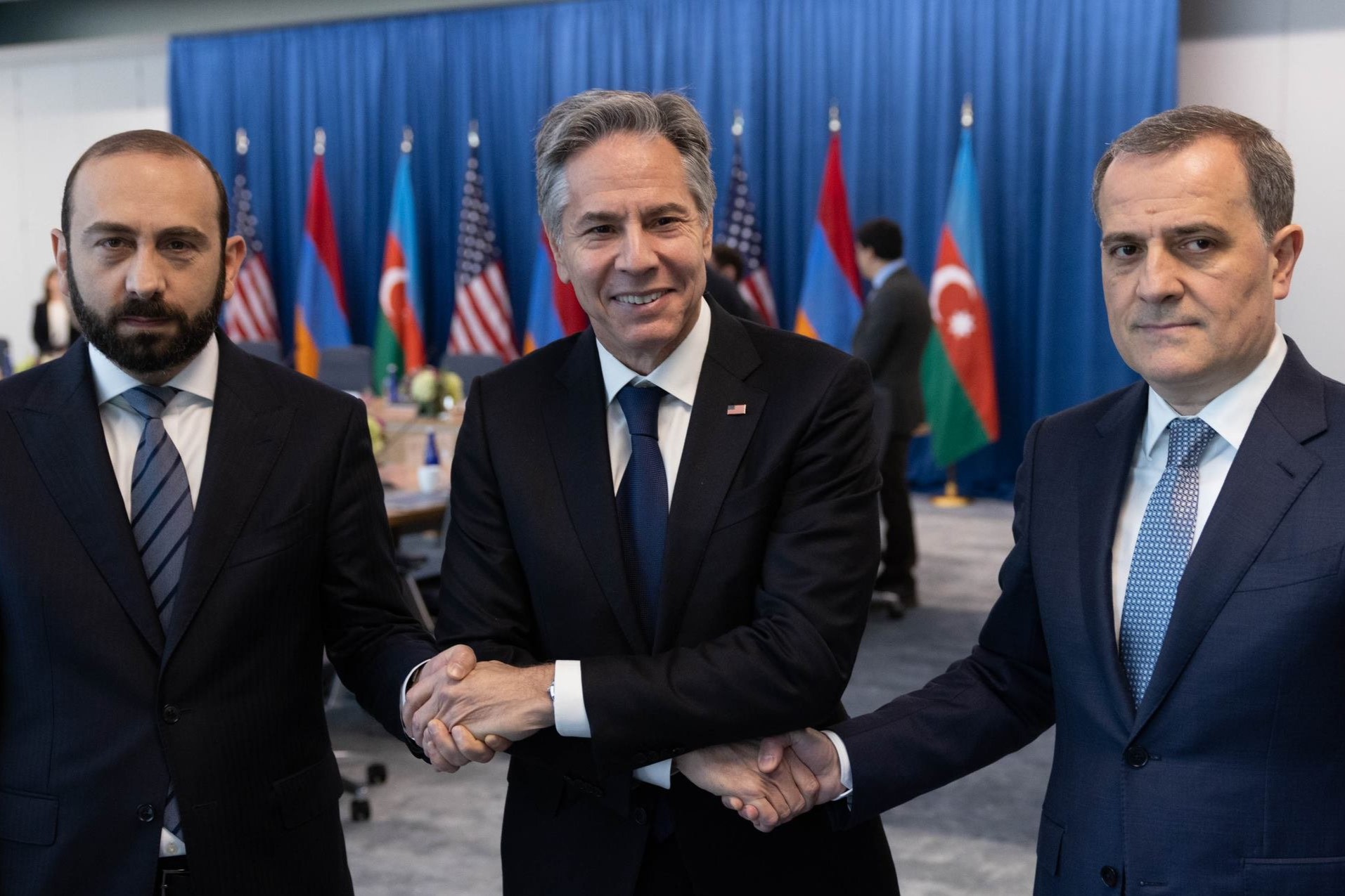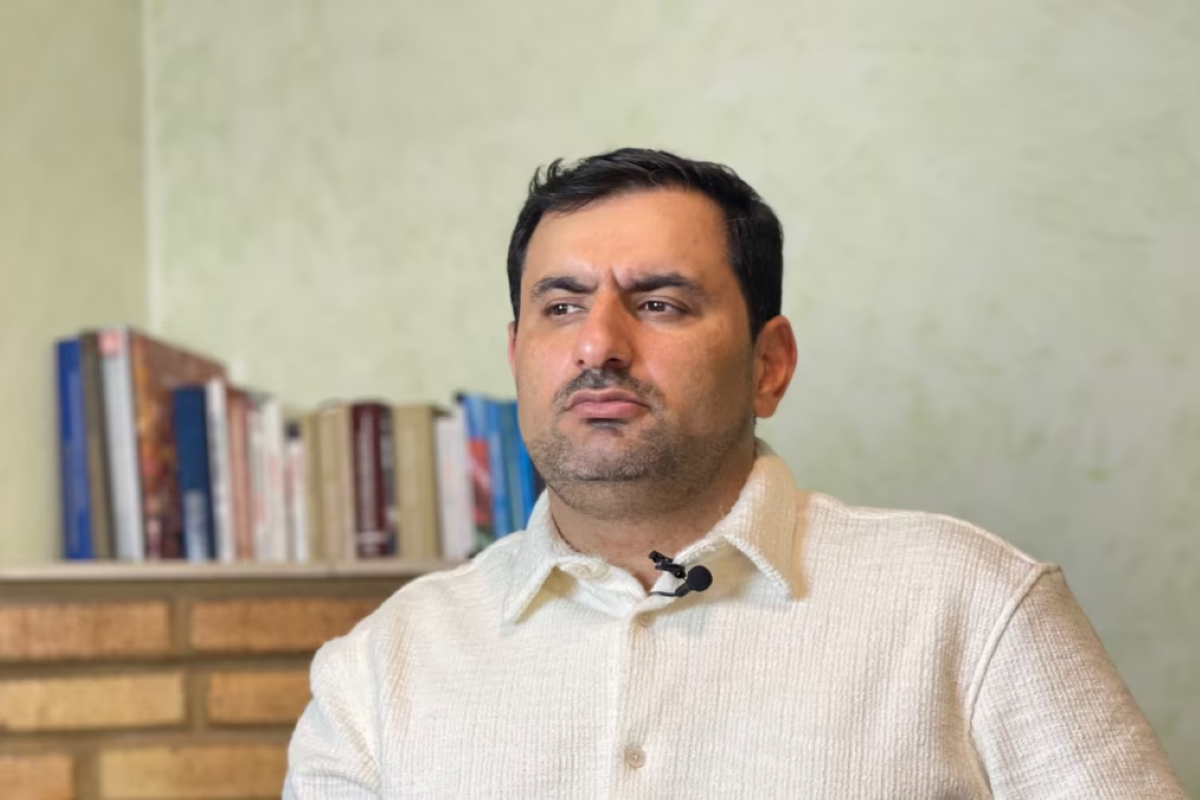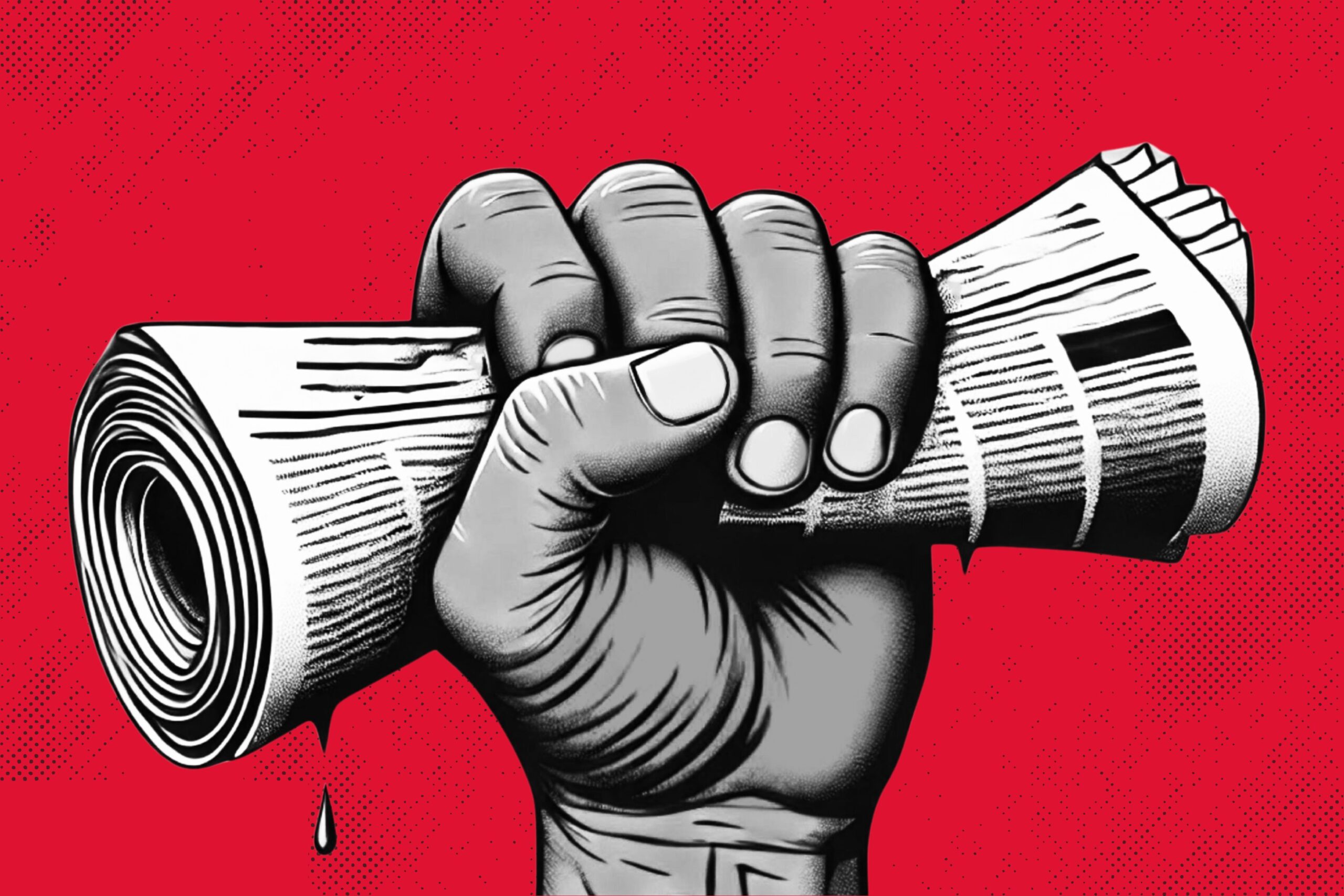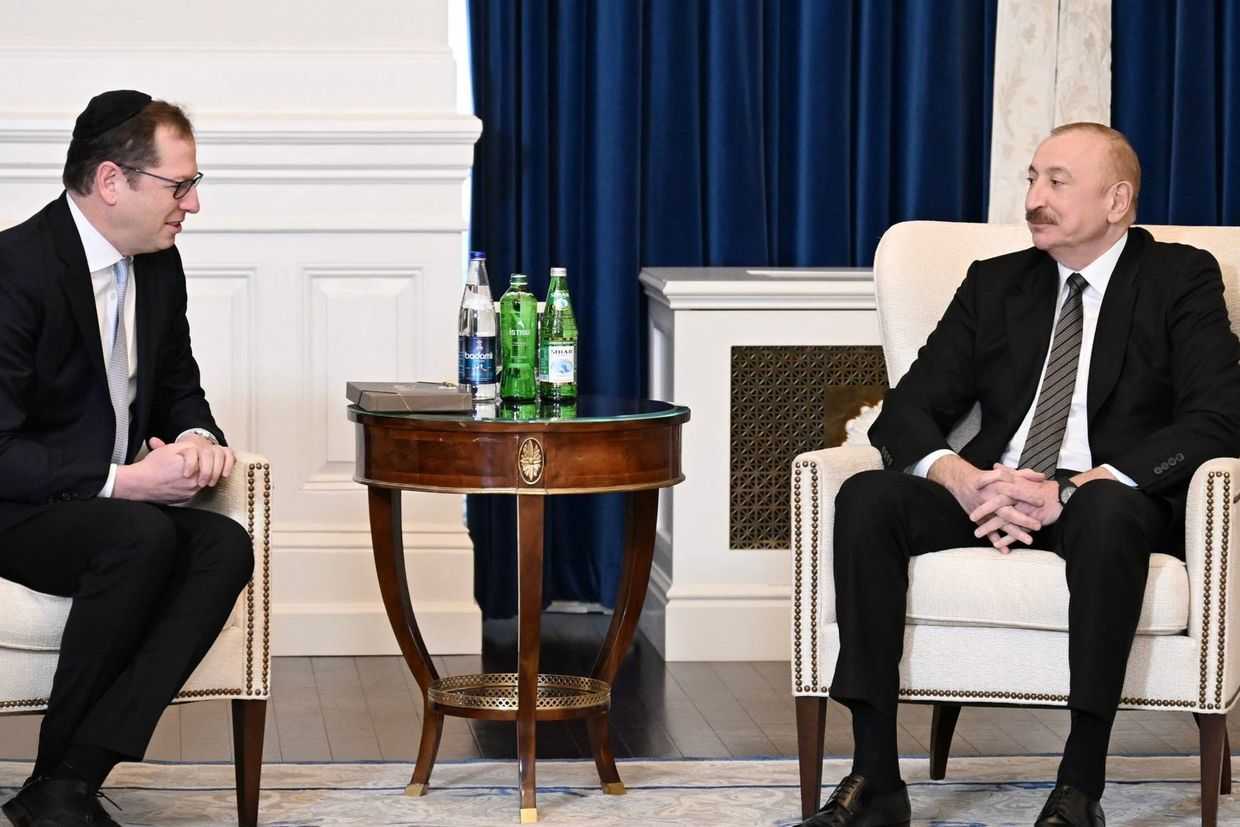War of words between Azerbaijan, US Embassy in Baku
Azerbaijan officials have criticised a statement from the US Embassy in Azerbaijan, leading to further accusations from both sides.

Over the past week, Azerbaijani officials and the US Embassy in Baku engaged in a public argument over a variety of issues.
On 16 December, Azerbaijan state media AzTV reiterated in a live broadcast that Azerbaijan had rejected US Secretary of State Antony Blinken’s offer to mediate between Armenia and Azerbaijan during the OSCE Ministerial Meeting held in Malta over accusations of bias.
At the time, the Azerbaijani pro-government media APA quoted a diplomatic source as stating that Azerbaijan did not want the US to participate in the peace process between Armenia and Azerbaijan because ‘the Biden Administration, in general, pursues an unjust and biased policy towards Azerbaijan’.

During the broadcast on Monday, AzTV alleged that Blinken had met with Armenian Prime Minister Nikol Pashinyan in Brussels to supply Armenia with weapons in order to show that Azerbaijan ‘is not brave but cowardly’.
Two days later, during an interview with Dmitry Kiselyov, Director General of Rossiya Segodnya, Azerbaijani President Ilham Aliyev similarly accused US President Joe Biden’s administration and US-based organisations of interfering in Azerbaijani affairs, paying particular attention to USAID.
‘There was a period in our country when grant-eaters and grant-givers felt perfectly at ease, but we put an end to that’, Aliyev said, noting that now foreign organisations are required to register themselves in Azerbaijan, after which the relevant state agencies decide ‘whether to approve [them] or not’.
‘Azerbaijani media cannot be financed by a foreign source, even by one percent. They cannot. Why? We do not finance US media, right? Then why should they finance ours?’, he added.
Responding to both television broadcasts on 19 December, the US Embassy wrote on Facebook that ‘international criticism of the government’s crackdown on free media and civil society is a result of one thing: the government’s crackdown on free media and civil society’.
The US Embassy highlighted that over 30 journalists and bloggers had been arrested in Azerbaijan since November 2023, writing ‘Is it “cowardly” to ask why? Or is the actual “cowardly” act here the attempt to distract the Azerbaijani public from this fact?’.
The embassy concluded its post by reminding the public that it was Media Literacy Week, calling on readers to ‘remember to seek diverse information sources, question narratives, and remain vigilant about being misled’.
In response, the Azerbaijani Foreign Ministry spokesperson Aykhan Hajizada said the public should ‘not forget that the real “impudence” is the passing off of lies as truth by US institutions that are presented as “famous, honest and impartial” and the use of human rights as a pretext for purely geopolitical purposes’.
Hajizada blamed the US for employing ‘double standards’ and claimed that ‘criticism can be effective as pressure when the critic’s intentions are pure and his morals are excellent. Learning from past mistakes is a key condition for future success’.
‘Azerbaijan turned from a semi-free country into an unfree country’
The conflict between the US Embassy in Baku and the Azerbaijani government appears to have begun even earlier, when Rufat Safarov was detained on his way back from receiving his US visa from the Embassy on 3 December. Blinken was supposed to award Safarov with the Human Rights Defender of the Year in the US the following week, but Safarov was unable to travel there due to his arrest.

During the awards ceremony, Blinken called on the Azerbaijani government to release Safarov immediately, ‘as well as all the other journalists, human rights defenders, political opponents and others that are unjustly detained’.
Shortly after Safarov’s arrest, Azerbaijani authorities engaged in another crackdown against independent media, detaining MeydanTV’s journalists working from the outlet’s Baku office.

According to Jamil Hasanli, the chair of the opposition alliance National Council of Democratic Forces, the US has simply just reached its limit regarding the arrests of media workers in Azerbaijan.
Hasanli noted that while relations between the US and Azerbaijan have been ‘extremely tense’ in the past, ‘at the moment we cannot compare these years, because during the era of Ilham Aliyev, Azerbaijan turned from a semi-free country into an unfree country’.
‘Azerbaijan has become more authoritarian. Therefore, Azerbaijan relies most on Russia, and in fact, Ilham Aliyev's regime has become a continuation of Putin's regime in Russia, so to speak, in Azerbaijan,’ Hasanli concluded.










